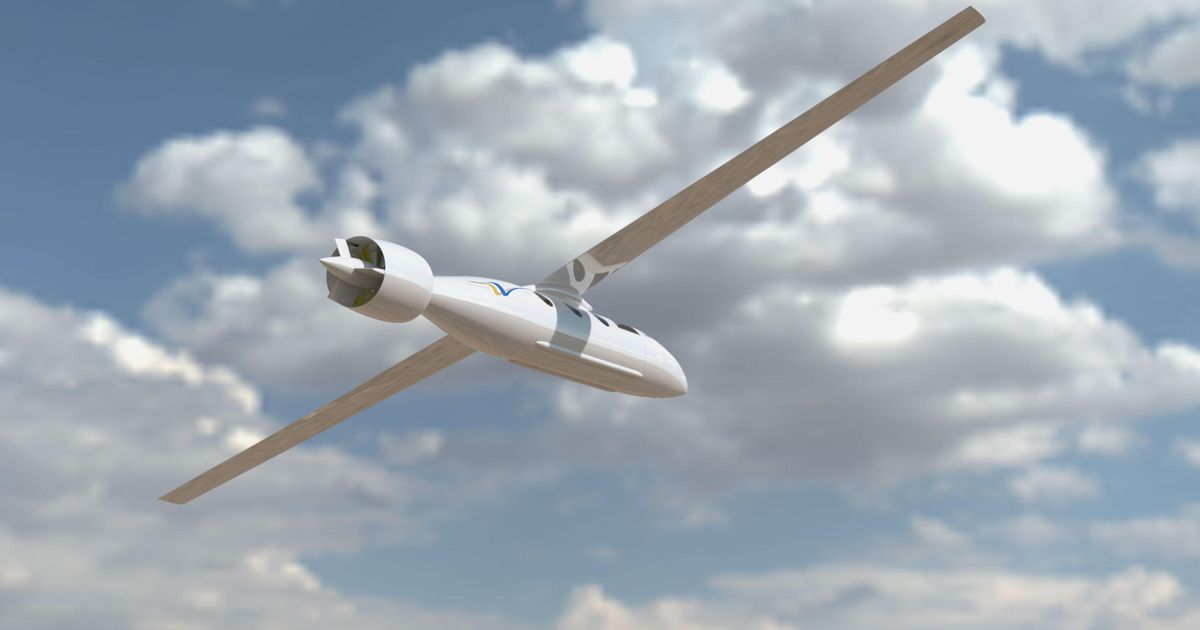It might sound counterintuitive for a car company to make a product that serves as an alternative to cars.
But that’s exactly what General Motors is doing.
GM has designed two electric bicycles and plans to sell them beginning in 2019.
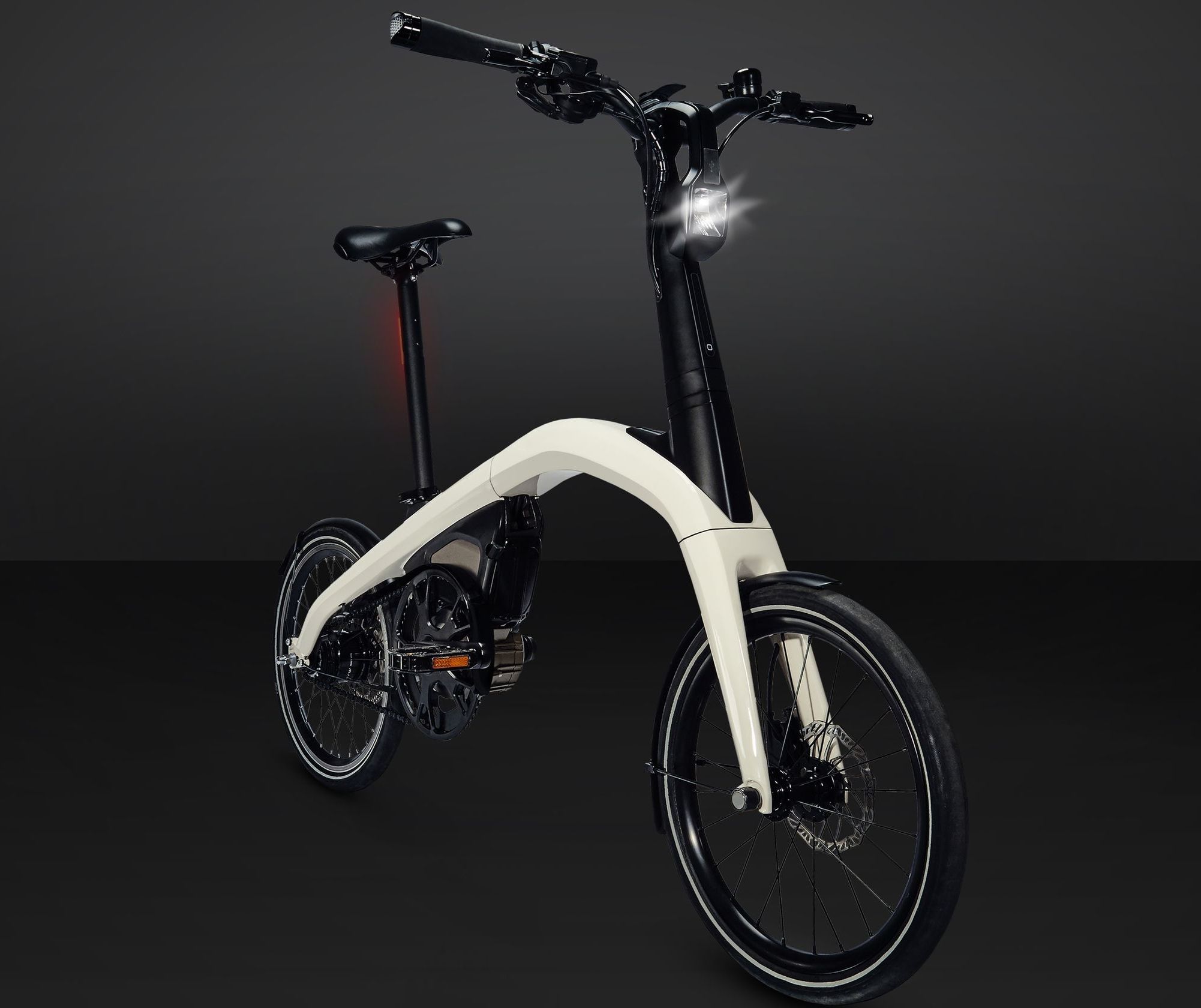
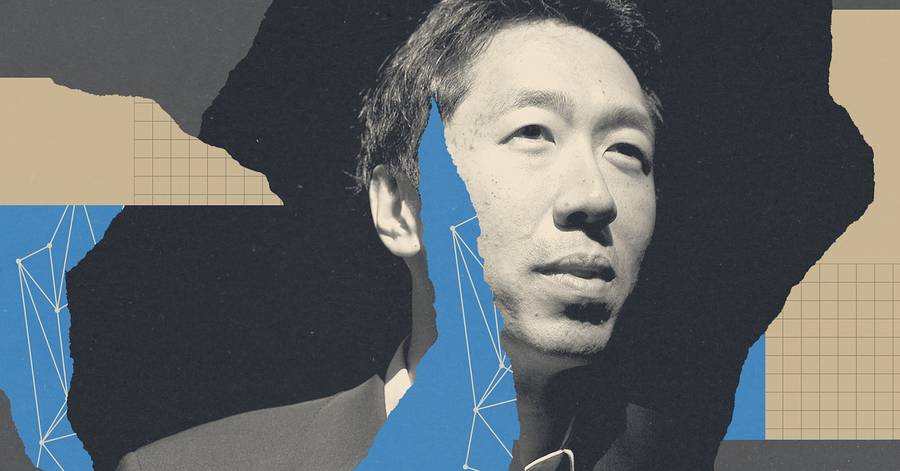
…but Our Timelines Are Too Rosy I would actually welcome a correction in public opinion about what AI can and cannot do. This has happened to me multiple times, where I would listen to a CEO on stage make an announcement about what their company is doing with AI, and then 20 minutes later I’d talk to one of their engineers, and they’d say, “No, we’re not doing that, and we have no idea how to do it.” I think it still takes judgment to know what is and what isn’t possible with AI, and when the C-suite does not yet have that judgment it’s possible for companies to make promises very publicly that are just not feasible. Frankly, we see some of this in the self-driving space. Multiple auto [original equipment manufacturer] CEOs have promised self-driving car roadmaps that their own engineers think are unrealistic. I feel [CEOs are] being sincere but just not really understanding what can be done in a certain timeframe.
The co-founder of Google’s deep-learning research team on the promise of a conditional basic income, the need for a skills-based education system and what CEOs don’t understand about artificial intelligence.
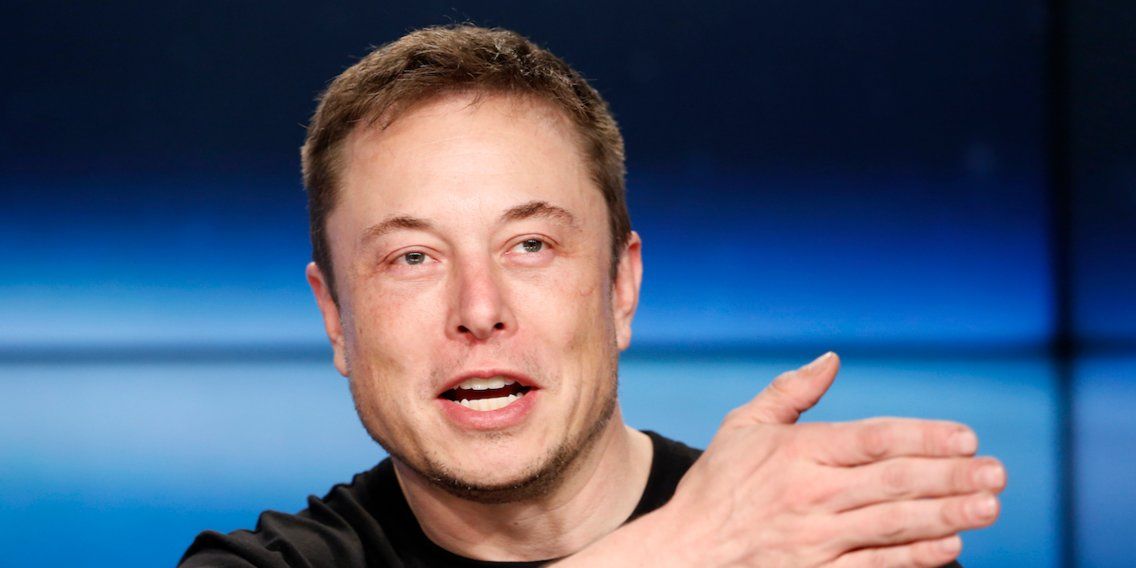
Tesla owners will soon be able to drive their cars with their phones, Elon Musk said.
Tesla CEO Elon Musk said on Thursday via Twitter that an upcoming software update will allow Tesla owners to drive their cars with their phones in some situations.
“Car will drive to your phone location & follow you like a pet if you hold down summon button on Tesla app,” Musk said.
“Also, you’ll be able to drive it from your phone remotely like a big RC car if in line of sight,” he added.

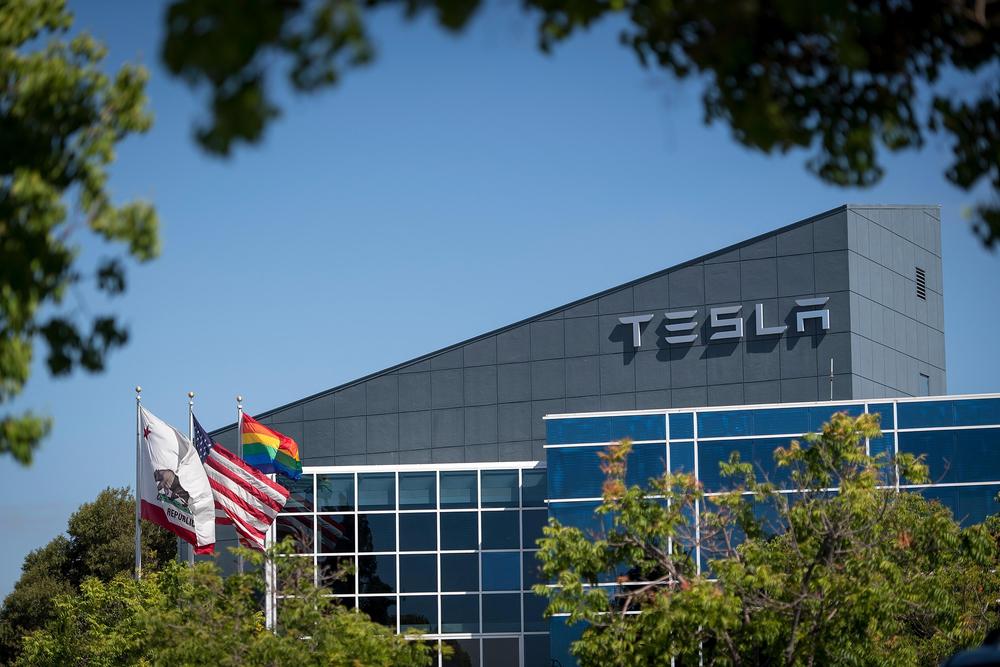
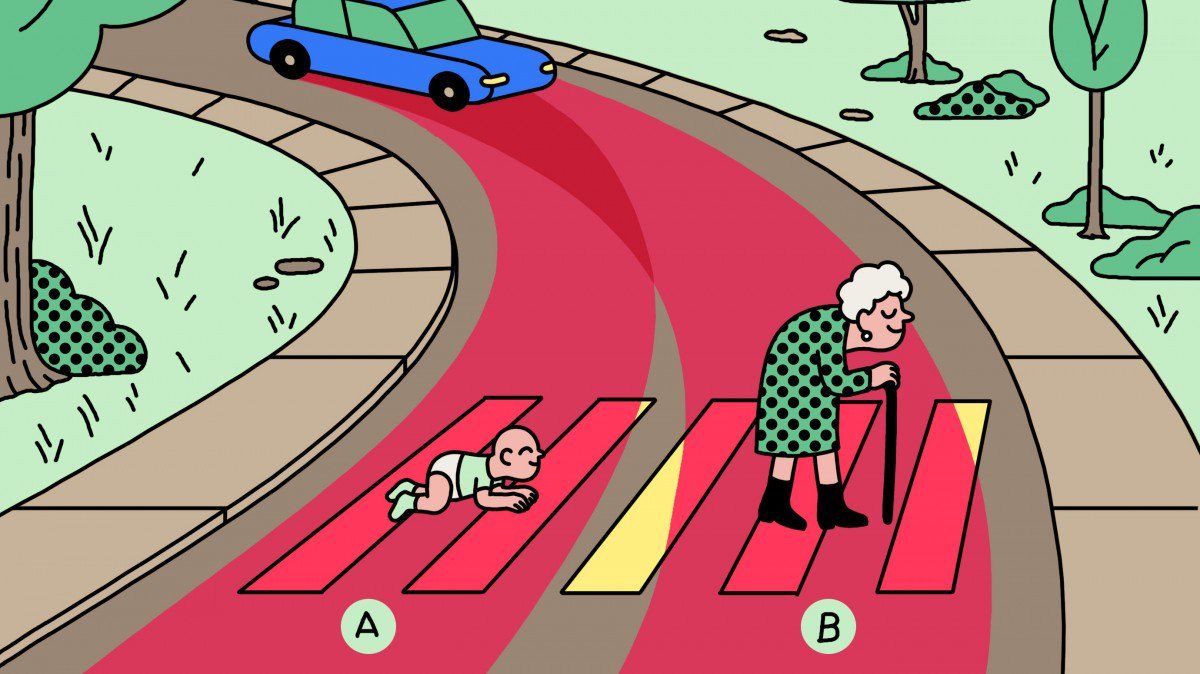

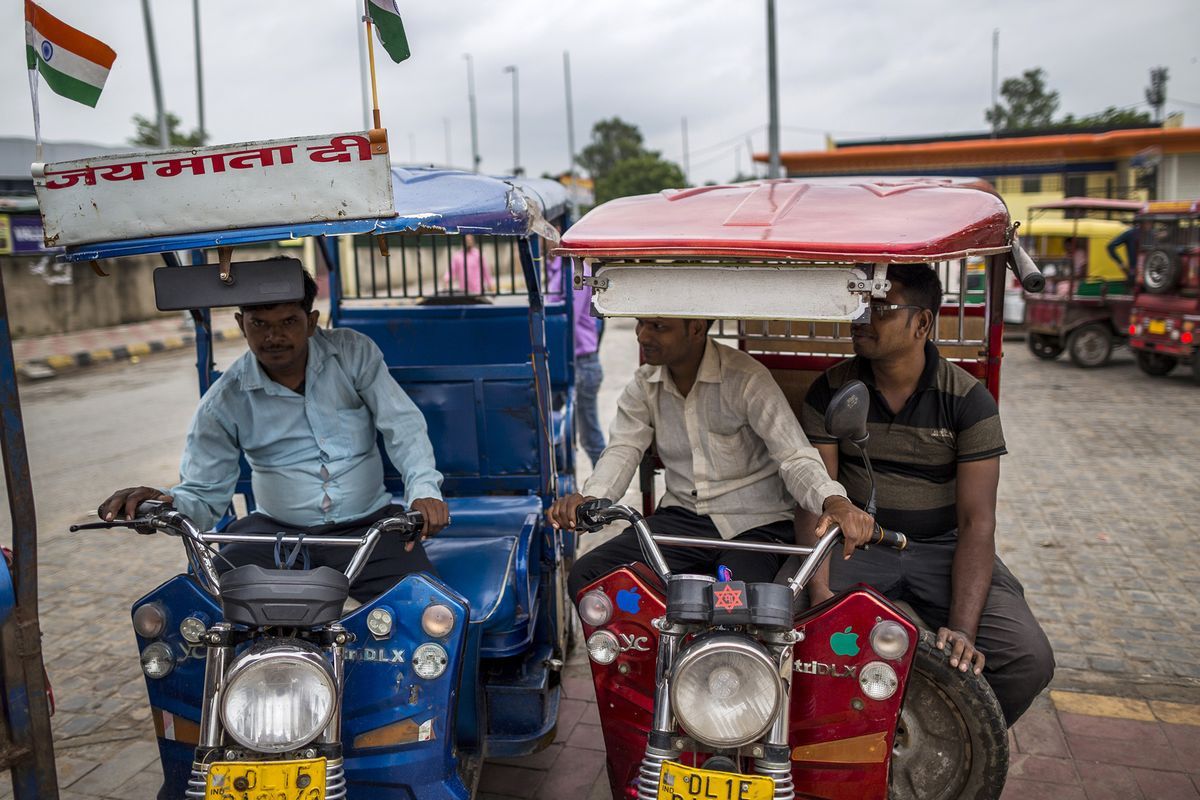
Prime Minister Narendra Modi’s administration now is pivoting toward promoting EVs in public transportation and fleet operations – primarily, two- and three-wheelers, taxis and buses. The Ministry of Finance is finalizing a plan to spend about 40 billion rupees ($600 million) in the next five years to improve the nation’s charging infrastructure and subsidize e-buses.
An electric-vehicle revolution is gaining ground in India, and it has nothing to do with cars.
The South Asian nation is home to about 1.5 million battery-powered, three-wheeled rickshaws – a fleet bigger than the total number of electric passenger cars sold in China since 2011. But while the world’s largest auto market dangled significant subsidies to encourage purchases of battery-powered cars, India’s e-movement hardly got a hand from the state.
Rather, drivers of the ubiquitous three-wheelers weaving through crowded, smoggy streets discovered that e-rickshaws are quieter, faster, cleaner and cheaper to maintain than a traditional auto rickshaw. They also are less strenuous than cycle rickshaws, which require all-day peddling. So with more rides possible in a day, the e-rickshaws are proving more lucrative.
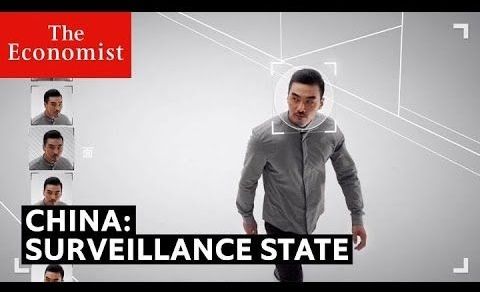
Whether it’s left there or right here… the tactics and destination look pretty much the same to me…
China is the world leader in facial recognition technology. Discover how the country is using it to develop a vast hyper-surveillance system able to monitor and target its ethnic minorities, including the Muslim Uighur population.
Click here to subscribe to The Economist on YouTube: https://econ.st/2xvTKdy
Improving lives, increasing connectivity across the world, that’s the great promise offered by data-driven technology — but in China it also promises greater state control and abuse of power.
This is the next groundbreaking development in data-driven technology, facial recognition. And in China you can already withdraw cash, check in at airports, and pay for goods using just your face. The country is the world’s leader in the use of this emerging technology, and China’s many artificial intelligence startups are determined to keep it that way in the future.
Companies like Yitu is creating the building blocks for a smart city of the future, where facial recognition is part of everyday life. This could even extend to detecting what people are thinking.
But the Chinese government has plans to use this new biometric technology to cement its authoritarian rule. The country has ambitious plans to develop a vast national surveillance system based on facial recognition. It’ll be used to monitor it’s 1.4 billion citizens in unprecedented ways. With the capability of tracking everything from their emotions to their sexuality.
The primary means will be a vast network of CCTV cameras. 170 million are already in place and an estimated 400 million new ones will be installed over the next three years. The authorities insist this program will allow them to improve security for citizens, and if you have nothing to hide you have nothing to fear.
